 Blog Articles
Blog Articles
Nil Deposit Schemes: Everything You Need to Know
Did you know that there’s currently £5.2 billion locked up in deposit schemes?
At Move On, we work with flatfair to offer a Nil Deposit Option that works for both tenants and landlords. flatfair have helped save tenants over £10 million in upfront costs so far, helping alleviate the stress of moving between rental properties and the costs it can include.
Nil Deposit Option – Information for Tenants
Deposits for rental properties can be expensive. And with the rising cost of living, some of us simply don’t have the funds to pay an extra five weeks’ worth of rent upfront. Tenants are spending an average of £3,350 on moving costs, and most are having to pay for a new deposit before they get their old one back.
How does it work?
When you sign up for a Nil Deposit Option with flatfair and your offer to rent with us has been accepted, you’ll be sent a link from to go through and sign up to the flatfair platform with the plan that we have created for your tenancy. This will include paying a check-in fee of one week’s rent + VAT (or £120, whichever is greater). This check in fee is non-refundable.
They may ask for various documentation such as your signed tenancy agreement and referencing information.
At the end of your tenancy with us, we will still carry out a check out report to compare against the inventory and make note of any charges our landlords need to make.
For more information, visit flatfair or enquire with us about a Nil Deposit option when you view.
Nil Deposit Option – Information For Landlords
Many landlords are cautious when it comes to alternatives to the traditional government-backed deposit schemes. However, flatfair creates new options and another route to protecting your property.
What does Nil Deposit mean for your rental?
With a flatfair nil deposit scheme, when tenants move in, they pay a check in fee directly to flatfair. Then, at the end of a tenancy, if there are any charges or unpaid rent, all relevant documents (such as check out reports) need to be uploaded to flatfair and tenants are asked to pay the amount agreed.
If there is any dispute, this will be discussed through government-backed, independent adjudicators.
Once charges are established and agreed with No Deposit, flatfair can offer up to 10 weeks’ worth of protection and put landlords back in pocket within just 10 days.
And, if you’re managed by us at Move On, we’ll take the stress of arranging check out reports and figures for deductions off your shoulders. We’ll deal with all correspondence between flatfair and the tenants, so you don’t have to.
Interested in finding out more about flatfair and their Nil Deposit options? Click here to read more information, or chat with us today!
Tel: 01202 711169
Email: enquiries@moveon.biz

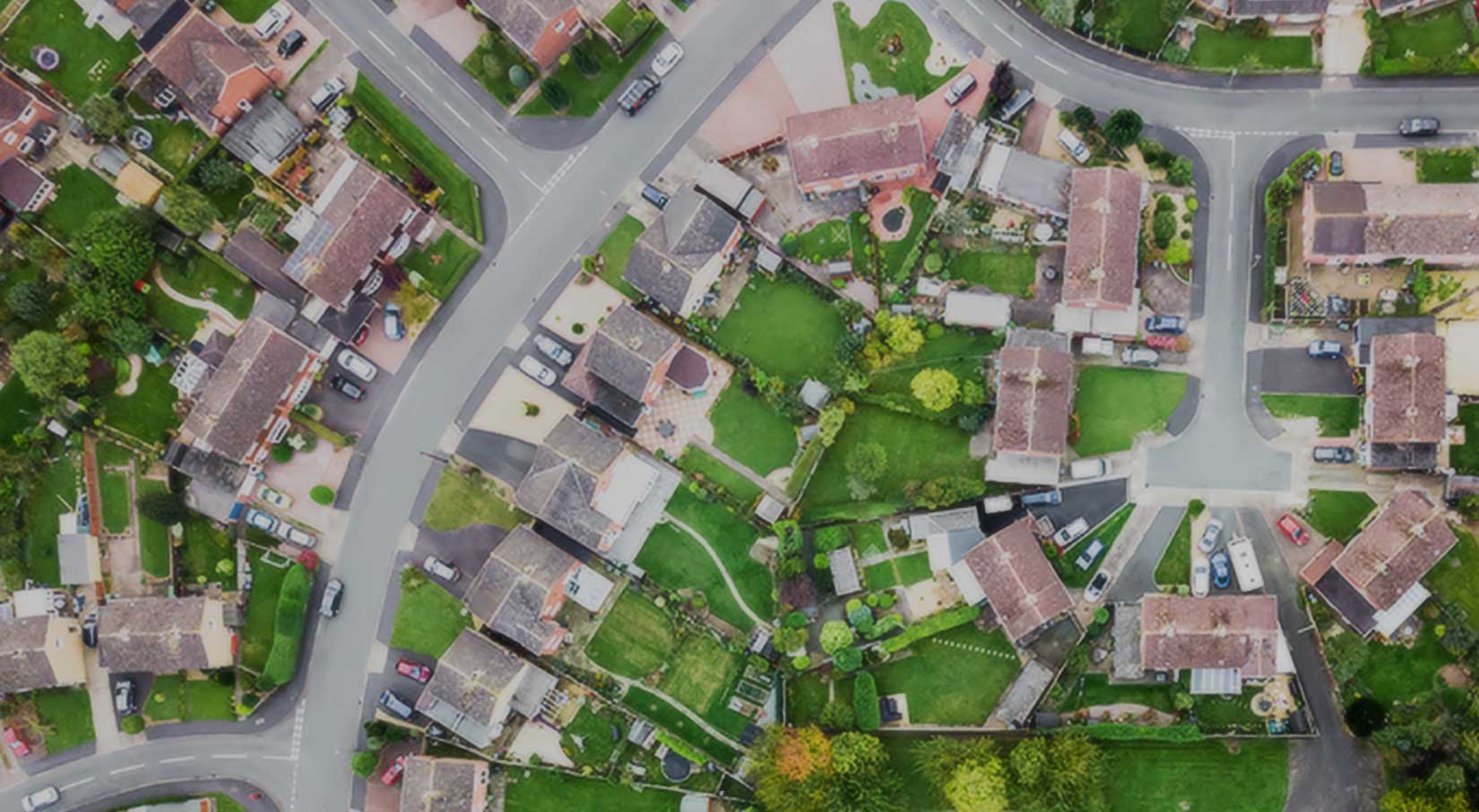

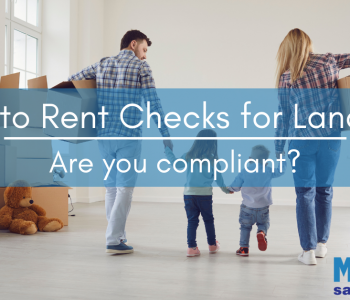

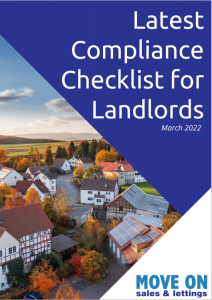

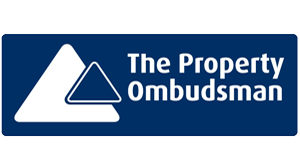


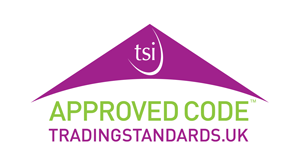

 Investment Properties
Investment Properties